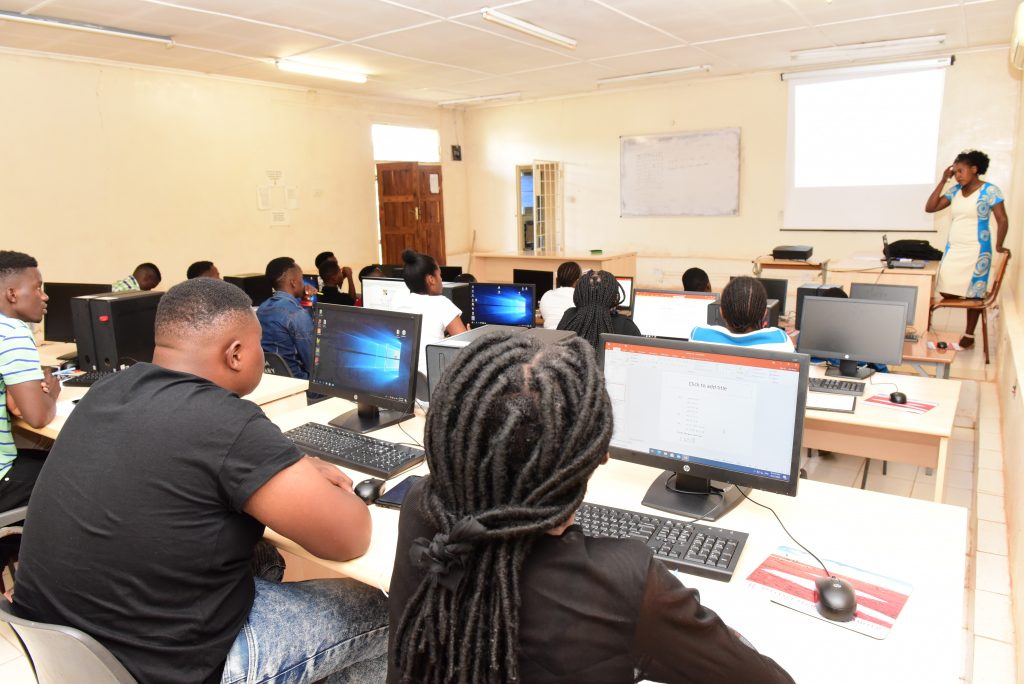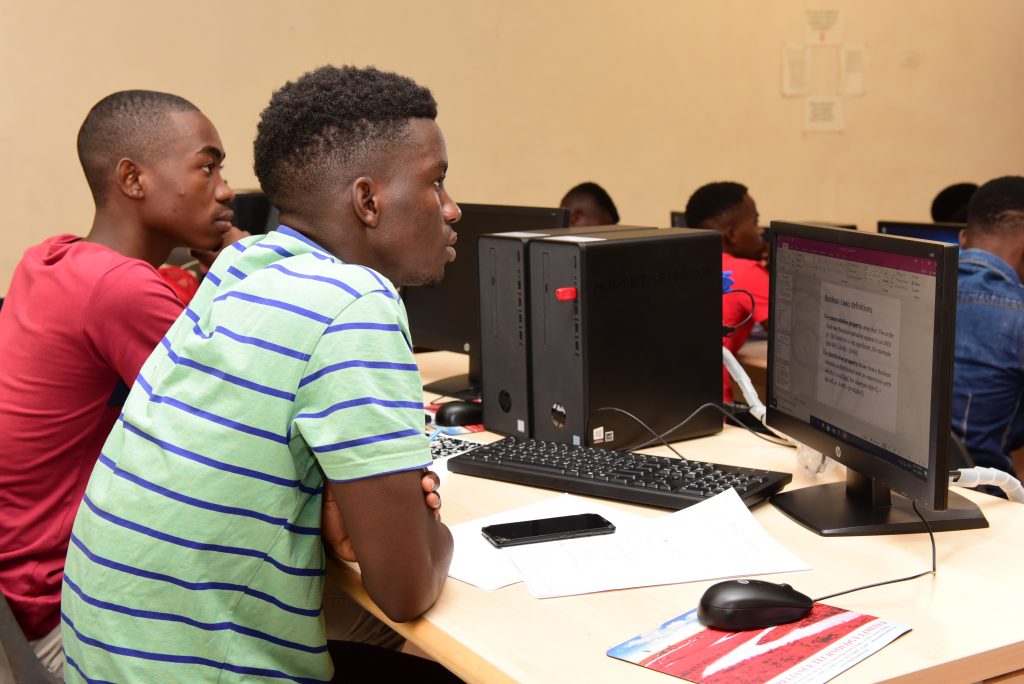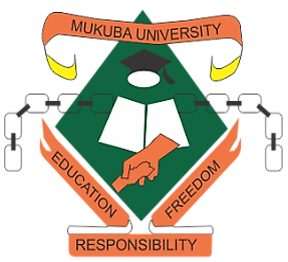





Transformative Agent in Teaching, Learning and Research processes.
To lead the University’s ICT policy directions, implement ICT Service Management and best practices in order to facilitate efficiency, effectiveness and innovation in the University’s business processes through provision and support of required information technology services and infrastructure.
The general policies provide guidelines on acceptable use, responsible use of ICT services and handling of information accessible or provided through platforms provided by Mukuba University.

Striving to provide the best support services
We are commited to continous improvement by supporting all of our staff and students to innovate. We will provide you with the training that you need in the use of software and hardware provided by the institution. We have the tools to give you the hands on experience and feel.
The best campus facilities
In addition to our online classroom, we also offer an option to take part in a live classroom. It takes place in our vast campus located in Itimpi, Kitwe. Here you’ll be able to use the most up-to-date facilities and computer equipment.

DEPARTMENTS
The mandate of the Networks and Communication Department is to establish, install, manage and maintain the University’s Network and Communications infrastructure to ensure all University stakeholders have secure and reliable access to Internet, Extranet and Intranet services.
Functions of the Network & department include the following:
- Design Network topology for the University
- Determine, install, configure and manage passive and active network equipment and infrastructure
- Allocate and optimize Internet resources
- Plan and undertake maintenance of data and communications network infrastructure and security solutions
- Implement and manage appropriate security layers for network defense.
- Establishment and maintenance of data center infrastructure technologies;
The mandate of the Applications & Business Systems Department is to execute projects for delivery of new or enhanced ICT based solutions required to support short-term, medium-term to long-term objectives of the University.
The department is also mandated to maintain and support the Information Technology based solutions of the University.
Functions of the Applications & Business Systems department include the following:
- To undertake detailed analysis of business area requirements for planned ICT based solutions
- To identify solutions to best address the requirements for planned ICT based solutions
- To plan and install platforms necessary to host business applications
- To acquire, develop, enhance and integrate ICT based solutions and assess performance of installed applications
- To implement and manage disaster recovery measures for data and applications to ensure business continuity
- To manage ICT security infrastructures to protect the University’s data centre environment and information
- To maintain and support the ICT based solutions
The mandate of the End-User Support Department is to attend to user concerns and challenges in the use of installed applications or ICT infrastructure. The department is the first point of call that records faults or suggestions or requests for support on ICT based solutions.
Functions of the End-User Support department include the following:
- To provide training of end users on implemented ICT based solutions, desktop/end-user device automation software solutions, and, collaboration and mobile software
- To operate the end-user support service desk, that records incidents and requests.
- To Asses levels of use of deployed applications and address shortcomings
- To Asses reported faults and either resolve or escalate to relevant CICT staff for resolution
- To Install required software and Anti-virus kits on end user devices
Undertake first level repair and upgrades of desktops, laptops and ICT accessories.
CICT STAFF

Position: Manager
Position: Systems Administrator
Position: Network Administrator

Position: End User Support
Position: End User Support
